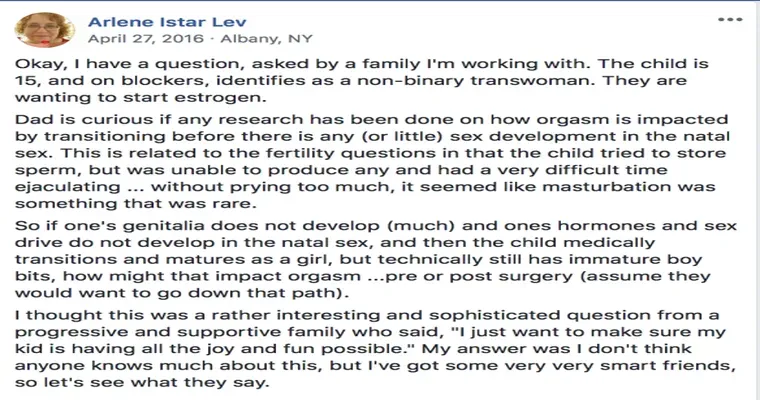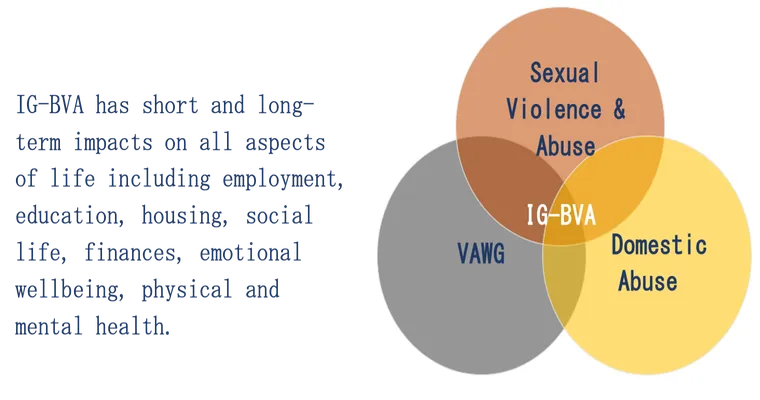Discovering that your father has been involved in "multiple relationships" while residing in "assisted living" memory care can be an emotional and confusing experience. You may be feeling a mix of shock, concern, and even curiosity about the nature of these relationships. It’s important to approach this situation with care and understanding, as it can have significant implications for your father’s well-being and your family dynamics.
Firstly, it’s essential to recognize that many individuals in "memory care" facilities often seek companionship and social interaction. This is especially true for elderly individuals who may be experiencing loneliness or isolation. The emotional needs of residents can lead to the formation of close bonds, which may sometimes be perceived as romantic relationships. Understanding the context of these relationships is crucial before taking any action.
Assess the Situation
Before deciding if you should intervene, take time to assess the situation. Consider the following questions:
1. "What is the nature of these relationships?" Are they purely platonic friendships, or do they have romantic undertones?
2. "How does your father feel about these relationships?" Is he happy and engaged, or does he seem confused or distressed?
3. "Are these relationships affecting his care or well-being?" Look for any signs that these interactions are causing him emotional or physical harm.
Communicate Openly
If you feel comfortable, initiate a conversation with your father about his relationships. Approach the topic gently, expressing your care and concern for his happiness. Ask open-ended questions to encourage him to share his feelings. This dialogue can provide valuable insights into his emotional state and the significance of these relationships in his life.
Consult with Care Staff
If you remain concerned after your discussion with your father, consider reaching out to the staff at the "assisted living" facility. They are experienced in handling various social dynamics among residents and can offer guidance. Discuss your observations with them and seek their professional opinion on how these relationships are managed within the facility.
Consider His Autonomy
It’s crucial to respect your father’s autonomy and choices, even if they may seem unconventional to you. Many individuals in "memory care" are capable of making their own decisions regarding relationships. If he is happy and these connections do not compromise his safety or health, it may be best to allow him to maintain these bonds.
Evaluate the Impact
Keep an eye on the overall impact these relationships have on your father’s quality of life. If he appears content and engaged, there may be no need for intervention. However, if you notice any negative changes in his behavior, mental health, or physical condition, it may be necessary to take further action.
Conclusion
Ultimately, discovering that your father has formed "multiple relationships" in assisted living memory care can be challenging to navigate. By assessing the situation, communicating openly, consulting with care staff, and considering his autonomy, you can make informed decisions about how to support your father. Remember, the goal is to ensure his happiness and well-being while respecting his right to form connections in his new living environment.





